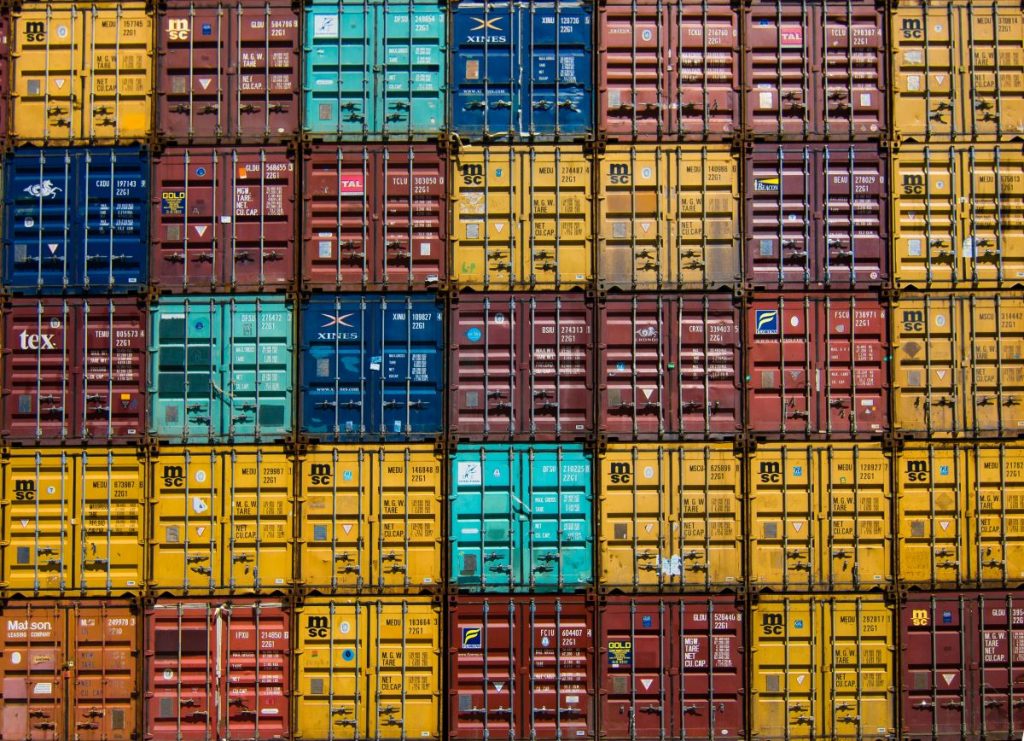At the forefront of digital transformation, the logistics sector grapples with the increasing need for standardized data and robust integration strategies to streamline operations and enhance efficiency across global supply chains.
Bridging the Data Standards Gap
The logistics industry is witnessing a significant uptick in technology adoption, with an expanding volume of digitized data. This surge necessitates a unified approach to data standards, yet the industry faces a considerable gap in comprehensive adoption. Initiatives led by organizations like IATA and DCSA to set digital standards for essential documentation and operations are progressing. However, widespread implementation remains elusive, underscoring the critical need for universally accepted frameworks to facilitate efficient data sharing and service provision across the logistics landscape.
Navigating Through Diverse “Standards”
In the absence of established industry-wide standards, various logistics entities have resorted to creating their own data protocols, urging their networks to adopt these bespoke solutions. This proliferation of proprietary standards may inadvertently erect new barriers to achieving overarching data uniformity. The diverse array of standards not only complicates integration efforts but also prolongs partner onboarding processes, consuming valuable IT resources and delaying potential digital efficiencies.
The Emergence of Private Standards
Despite these challenges, there are instances where private standards have paved the way for rapid advancements once broader industry adoption occurs. For example, proprietary APIs developed for specific functionalities have demonstrated that targeted solutions can significantly enhance operational efficiencies and scale quickly when widely embraced.
Streamlining Complexity: The Importance of Integration
The logistics sector’s digital tool landscape is burgeoning, designed to simplify operations and augment efficiency. However, this proliferation can also introduce complexities, particularly when it comes to integrating multiple systems. Successful data integration not only helps in eliminating redundant processes and reducing errors but also improves overall operational transparency. Effective integration strategies are crucial for achieving a single source of truth for all logistics data, which is vital for real-time decision-making and enhancing visibility across the supply chain.
Vision for a Digitally Integrated Future
The ongoing digital transformation journey in the logistics sector presents both formidable challenges and substantial opportunities. By advancing data standardization and integration, the industry can unlock new levels of operational efficiency, better manage complexities, and pave the way for more resilient and responsive supply chains.
As the logistics industry continues to evolve, the push for digital efficiency through standardized data and seamless integration remains a key priority. These efforts are essential for harnessing the full potential of digital technologies in streamlining global logistics operations.





